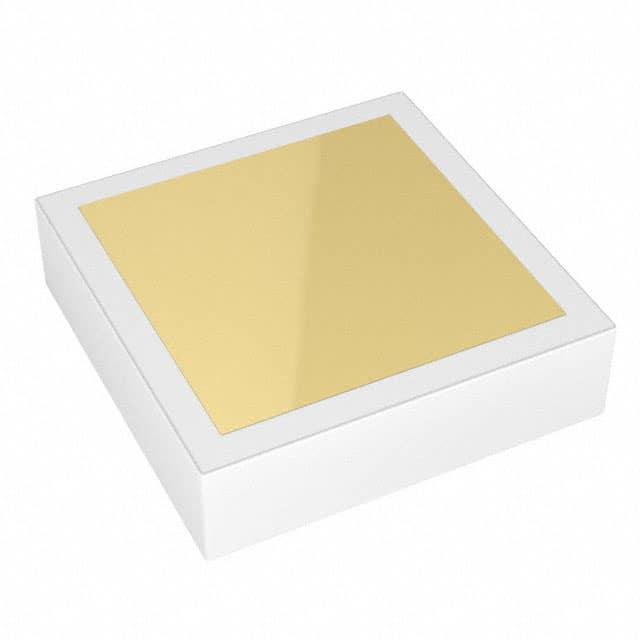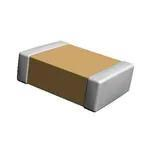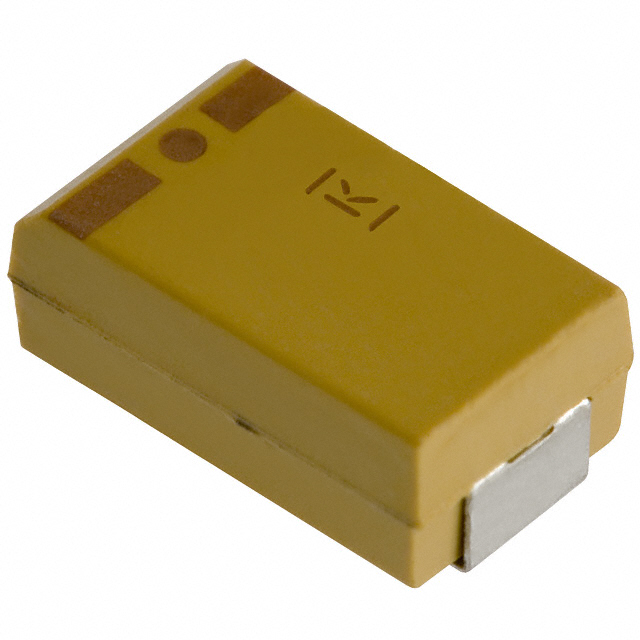Key Specifications to Consider When Buying Audio Capacitors
Selecting the right audio capacitor is crucial for ensuring optimal sound quality and performance in your audio system. This comprehensive guide will explore the key specifications to consider when buying audio capacitors, helping you make an informed decision.
1. Introduction to Audio Capacitors
Definition and Purpose:Audio capacitors are electronic components used in audio systems to store and release electrical energy. They play a vital role in filtering and smoothing audio signals, thereby enhancing sound quality. These capacitors are integral in various parts of an audio circuit, such as crossover networks, amplifiers, and signal paths.
Importance in Audio Systems:High-quality audio capacitors are essential for achieving clear, accurate sound in audio equipment. They help reduce noise and distortion, providing a superior listening experience. Selecting the right capacitor can significantly impact the overall performance and longevity of your audio system.
2. Types of Audio Capacitors
Electrolytic Capacitors:Electrolytic capacitors are widely used in audio systems due to their high capacitance values and affordability. They are typically found in power supply circuits and audio signal coupling. However, they may have higher equivalent series resistance (ESR) and limited lifespan compared to other types.
film capacitors:Film capacitors are known for their excellent stability, low distortion, and longevity, making them ideal for high-fidelity audio applications. They are commonly used in crossover networks and signal paths where precise audio reproduction is crucial.Selecting the right audio capacitor is crucial for ensuring optimal sound quality and performance in your audio system. This comprehensive guide will explore the key specifications to consider when buying audio capacitors, helping you make an informed decision.

ceramic capacitors:Ceramic capacitors are compact and cost-effective but can introduce microphonic effects, which may affect audio quality. They are generally used for bypass and coupling applications in audio circuits, where their small size is beneficial.

tantalum capacitors:Tantalum capacitors offer high capacitance in a small package and are stable over a wide temperature range. They are more expensive and can be prone to failure if not used within their specifications, making them less common in audio applications compared to other types

3. Best Audio Capacitors for Different Applications
Best Audio Capacitors for Speakers:For speakers, film capacitors are often preferred due to their low distortion and excellent frequency response. Brands like Mundorf, ClarityCap, and Jantzen offer high-quality film capacitors suitable for speaker crossovers, providing clear and detailed sound.
High-End Audio Capacitors:High-end audio capacitors, such as the Mundorf MCap Supreme or the Audio Note Silver Foil, are designed for audiophiles seeking the best possible sound quality. These capacitors provide exceptional clarity, detail, and musicality, making them ideal for high-fidelity audio systems.
High-Quality Audio Capacitors:High-quality audio capacitors from reputable brands like Nichicon, Elna, and Vishay are used in various audio equipment to ensure reliable performance and good sound quality. These capacitors are known for their durability, consistency, and excellent electrical properties.
4. Key Specifications to Consider
Capacitance Value:The capacitance value of an audio capacitor affects the frequency response and filtering characteristics. Choosing the correct capacitance value is crucial for optimal audio performance. Higher capacitance values are typically used for low-frequency applications, while lower values are suitable for high-frequency applications.
Voltage Rating:The voltage rating indicates the maximum voltage the capacitor can handle. It is important to select a capacitor with a voltage rating that exceeds the operating voltage of the audio circuit to ensure reliability and prevent failure. Using a capacitor with a higher voltage rating can also provide additional safety margins.
Tolerance:Tolerance specifies the allowable deviation from the nominal capacitance value. Lower tolerance capacitors offer more consistent performance, which is essential for precise audio applications. Typical tolerance values range from ±1% to ±20%, with lower values being preferable for high-fidelity audio systems.
ESR (Equivalent Series Resistance):ESR affects the efficiency and heat dissipation of the capacitor. Low ESR capacitors are preferred for audio applications to minimize signal loss and distortion. Capacitors with high ESR can degrade sound quality and reduce the overall performance of the audio system.
5. How to Choose the Right Audio Capacitor
Matching with Audio Equipment:Ensure the audio capacitor matches the specifications of your audio equipment. Consider the capacitance, voltage rating, and physical size to ensure compatibility. It is also important to match the type of capacitor to the specific application within the audio circuit.
Brand and Quality:Choose reputable brands known for their quality and reliability. Investing in high-quality capacitors from trusted manufacturers ensures long-term performance and sound quality. Researching customer reviews and expert recommendations can help identify the best brands and models for your needs.
Price vs. Performance:While high-end capacitors offer superior performance, they can be expensive. Evaluate your budget and select capacitors that provide the best balance between price and performance for your needs.
6. Installation and Maintenance
Proper Installation Techniques:Install audio capacitors following the manufacturer’s guidelines to ensure proper function and avoid damage. Use appropriate tools and techniques to solder the capacitors securely onto the PCB. Ensure that the capacitor polarity is correct (if applicable) and avoid excessive heat during soldering.
Common Mistakes to Avoid:Avoid common mistakes such as incorrect polarity, overheating during soldering, and using capacitors with inadequate voltage ratings. Ensuring the correct orientation and handling of capacitors can prevent failures and extend their lifespan.
Maintenance Tips:Regularly check and replace aging capacitors to maintain optimal audio performance. Store spare capacitors in a cool, dry place to prevent degradation. Periodic inspection and testing can help identify potential issues before they affect the overall sound quality.
Conclusion
Choosing the right audio capacitors is essential for achieving the best sound quality in your audio system. By understanding the different types, key specifications, and best practices for installation and maintenance, you can ensure your audio equipment delivers exceptional performance. Investing in high-quality capacitors from reputable brands and matching them correctly with your audio equipment will significantly enhance your listening experience.For those looking to source high-quality audio capacitors, consider unikeyic Electronics. As a distributor offering a wide range of audio capacitors from multiple reputable brands, Unikeyic Electronics provides free samples and competitive pricing for bulk purchases. Contact us today to learn more about how we can help you find the perfect capacitors for your audio system at the best prices.



















